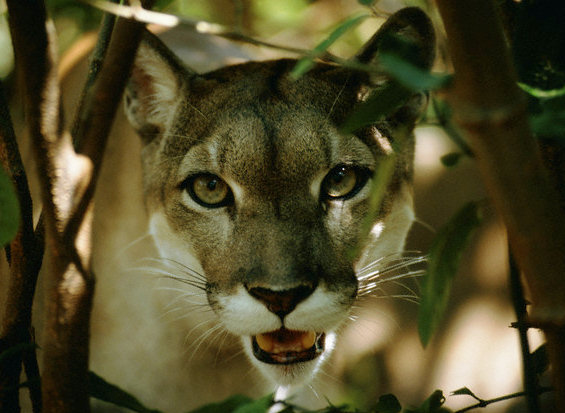Designing for Informavores, or, Why Users Behave Like Animals Online
I’m currently reading through Peter Morville’s excellent book Ambient Findability. It cites some papers that attempt to explain the search behavior of web users, starting with the berrypicking model:
In a 1989 article entitled “The Design of Browsing and Berrypicking Techniques for the Online Search Interface,” Marcia Bates exposed the inadequacy of the classic information retrieval model characterized by a single query.
Instead, she proposed a berrypicking model that recognizes the iterative and interactive nature of the information seeking process. Bates understood that the query and the information need itself evolve as users interact with documents and search systems. She also recognized that since relevant documents (like berries) tend to be scattered, users move fluidly between search and browse modes, relying on a rich variety of strategies including footnote chasing, area scanning, and citation, subject, and author searching.
In short, Bates described information seeking behavior on today’s Web, back in 1989. Google relies on the citations we call “inbound links.” Blogs support “backward chaining” through trackbacks. Flickr and del.icio.us allow us to pivot on subject or author. The Web allows our information seeking to grow more iterative and interactive with each innovation. The berrypicking model is more relevant today than ever.
Bates’ research was picked up by Peter Pirolli and Stuart Card and folded into their 1995 paper titled Information Foraging in Information Access Environments:
We use the term Information Foraging both to conjure up the metaphor of organisms browsing for sustenance and to indicate a connection to the more technical optimal foraging theory found in biology and anthropology. Animals adapt their behavior and their structure through evolution to survive and reproduce to their circumstance. Animals adapt, among other reasons, to increase their rate of energy intake. To do this they evolve different methods: a wolf hunts (“forages”) for prey, but a spider builds a web and allows the prey to come to it. Humans seeking information also adopt different strategies, sometimes with striking parallels to those of animal foragers. The wolf-prey strategy bears some resemblance to classic information retrieval, and the spider-web strategy is like information filtering.
So if you’ve ever wondered why users behave like animals online, now you know. There’s real science behind it in information foraging. Instead of hunting for food, users hunt for information, ruthlessly, and without compunction.

In practice, what this means is that users pursue “information scent.” Users will click the back button nearly instantly when they don’t catch a whiff of the right information from the current page. Jakob Nielsen explains:
Information foraging’s most famous concept is information scent: users estimate a given hunt’s likely success from the spoor: assessing whether their path exhibits cues related to the desired outcome. Informavores will keep clicking as long as they sense (to mix metaphors) that they’re “getting warmer” – the scent must keep getting stronger and stronger, or people give up. Progress must seem rapid enough to be worth the predicted effort required to reach the destination.
If you think this is all a bunch of trumped-up academic terminology for the basic principle of human laziness, well... you’re right.
Humans are under less evolutionary pressure to improve their Web use, but basic laziness is a human characteristic that might be survival-related (don’t exert yourself unless you have to). In any case, people like to get maximum benefit for minimum effort. That’s what makes information foraging a useful tool for analyzing online media.
Whether you call it “information foraging” or the rather more honest “maximum benefit for minimum effort,” it’s a powerful model of the way people actually work online. There are billions of web pages, and only a tiny fraction are worth the users’ time. That’s why informavores are unforgiving. They will...
- Demand to see what you have to offer in under four seconds.
- Form a first impression of your site in just 50 milliseconds.
- Give up on your site entirely within two minutes of arriving.
The last point is noted by Nielsen in his new book Prioritizing Web Usability:
In recent years, highly improved search engines have reversed [the idea of “sticky” web sites] by emphasizing quality in their sorting of search results. It is now extremely easy for users to find other good sites. Information foraging predicts that the easier it is to find good patches [of information], the quicker users will leave a patch. Thus, the better search engines get at highlighting quality sites, the less time users will spend on any one site. This theoretical prediction was amply confirmed by the empirical data we collected for this book: People left the sites they found useless within less than two minutes.
Frankly, I’m surprised it’s a whole two minutes. You better hope the information scent is strong on your page, because Informavores’ fingers are always hovering over the back button. And they have very itchy trigger fingers.





